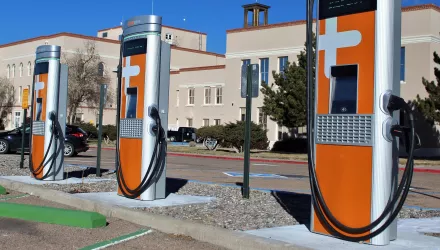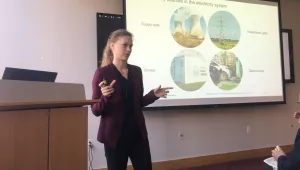Energy Policy Seminar: Priyank Lathwal on "Pollution from Freight Trucks in the Contiguous United States: Public Health Damages and Implications for Environmental Justice"
Join us for an Energy Policy Seminar featuring Priyank Lathwal, Postdoctoral Research Fellow at the Belfer Center's Environment and Natural Resources Program and Science, Technology, and Public Policy Program. Dr. Lathwal will speak on "Pollution from Freight Trucks in the Contiguous United States: Public Health Damages and Implications for Environmental Justice." Q&A to follow.
Attendance: This event is open to the public and hosted on Zoom. For those who cannot attend live, the seminar will be recorded and available to watch on this page.
Accessibility: Persons with disabilities who wish to request accommodations or who have questions about access, please contact Liz Hanlon (ehanlon@hks.harvard.edu) in advance of the session.
Registration: Please RSVP at the link below. Registration will remain open until the event begins.




